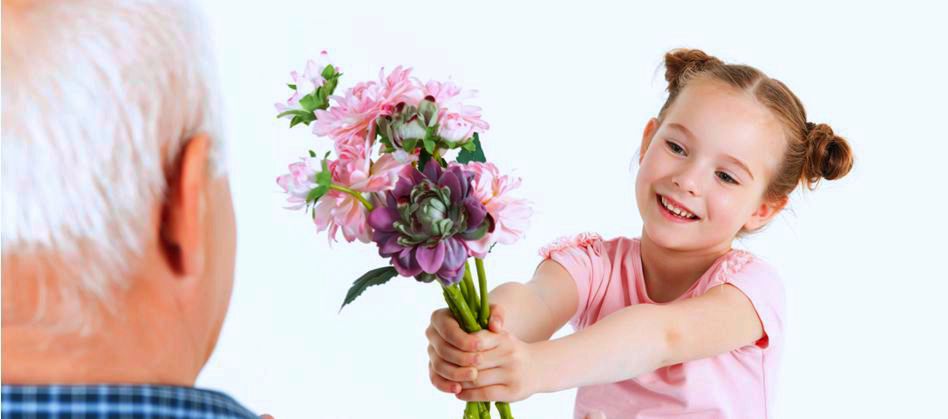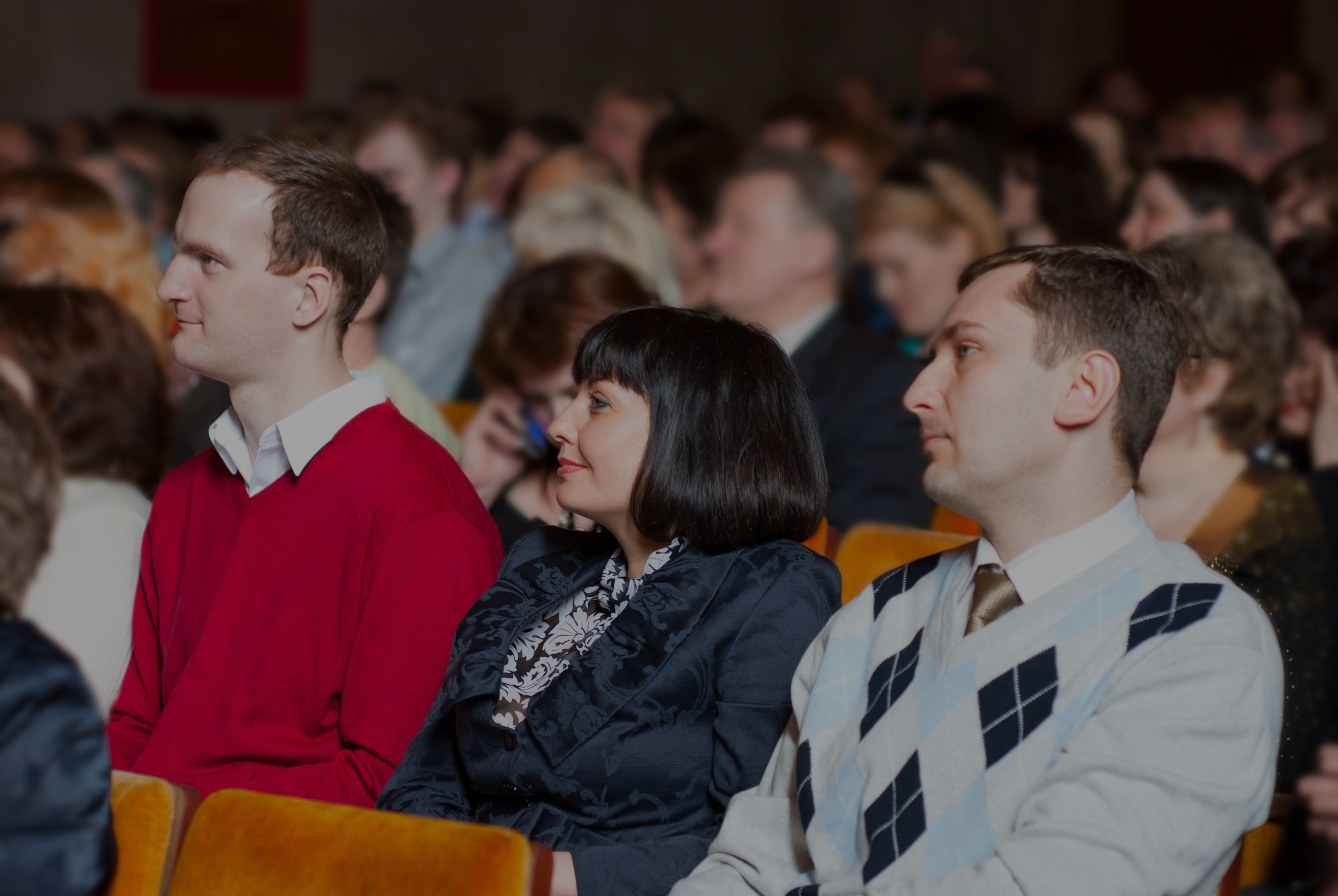Part 2 - Character & Relationships

Birds of a Feather Flock Together
The Statement Above Tends to Be the Case, But Sometimes Opposites Attract
Character and Relationships
CONSIDER THE VARIETY OF RELATIONSHIPS
Some days we might not meet many people, but on other days we may need to interact with many. You may remember times when tension or conflict arose with other people. How often has the situation been strained because one or both of you responded to the other in ways that did not demonstrate a good character? Imagine if all those with whom you had conflict had excellent characters and responded to you with understanding and respectful ways. Would that have made a difference to you emotionally? Would your attitude towards them be different? The following is a short list of various types of relationships. What kinds of attitudes improve or degrade these relationships? Unfortunately, we often misjudge people's motives and attitudes; we all have been guilty of that.
- Parent & child
- Teacher & pupil
- Neighbour & neighbour
- Sales Assistant & Customer
- Doctor & patient
- Manager & Supervisor
- Lawyer & client
- Policeman & speeding driver
- Complainant & defendant
- Abuser & victim
- Car owner & mechanic
- Newlyweds & in-laws
POSITIVE CHARACTERS BUILD RELATIONSHIPS
Would I be right in saying that most arguments, violence and alienation result from people whose characters are wanting? Now, don't get too hasty and start pointing fingers, we all need a complete makeover of our character. Just that some need more of a complete makeover than others, but who could tell the difference when we only really know a small fraction of the people we meet or with whom we live.
THE BENEFITS OF TRIALS?
Some of the most devastating events, physically and emotionally, occur from relationships gone wrong. Many still wear the scars and social handicaps as a result of relational trauma. Why is it that some can move on and recover socially while others still exist in the depths of grief, bearly able to function? All I can say is that the circumstances of every case are uniquely different and I want to respect the choices people make. No-one wants these terrible experiences, nor would most want them to happen to anyone. However, I want to propose that trials are essential for the development of character. If nothing else, we develop an empathy with those who go through similar experiences.
As little children experience frustrations and difficulties in little things, it strengthens them to handle the more significant trials they will face in the future. The same could apply to us, and each trial is an opportunity to have our character strengthened if we respond the right way. These beneficial choices do not often occur while we go through the trial or even for some time after it, but once we begin to heal we start to look at things in a more rational light and our growth in character continues.
ARE CHARACTER TRAITS STRENGTHENED BY TRIALS?
Here are some of the increased benefits we can receive through trials: patience, empathy, self-control, kindness, humility, discernment, discretion, initiative, forgiveness, responsibility, sensitivity, tolerance, wisdom...to name a few. How else can some of these character traits be developed but through frustrations and difficulties? Beneficial trials don't always come from relationships; plenty of tests occur in the physical world. You can probably remember some:
- You can't find something you need.
- You missed a significant appointment because of the flooded bridge.
- An inconvenient illness.
- A flat battery.
- A broken appliance.
- You injure yourself.
- You can't find your car in a huge carpark.
- Your camping holiday was rained out.
- You decided to take up golf
MIRRORING
Nearly all of us tend to mirror someone else's emotions. If they get cranky at us, we tend to get cranky at them. If a person approaches us with a big welcoming smile and is respectful, we are likely to reply in kind. Some controlling people use this knowledge to manipulate people into doing or saying things they did not intend to do. A person with a strong character will not allow others to manage them, but they will maintain a calm, assertive and respectful spirit in spite of provocation. It would be good for all of us to decide in principle how we are going to respond to various circumstances and stick with it even if it means walking away.
DANCING OR STUBBORN RESISTANCE
In the literature, we sometimes come across the term 'dancing together', not referring to the romantic dance to soft music. The type of dance here referred to is the way, when people meet, they move towards or away from intimacy and emotional attachment. Both keep adjusting their social radar, responding to the ebb and flow of the content, intonation and body language of the conversation. Mostly it is because of the need for security and emotional protection that we are wary, trying not to 'put our foot in it' and upset someone. The better the character and the more we trust someone, the less we tend to do this kind of 'dance' with them.
Some 'dance' because they are respecting the other and not wanting to step over their boundaries. However, there are others who use this kind of 'dance' to control and manipulate others. Then there are a few who are self-centred and thoughtless who never 'dance'. They usually lack empathy and bungle through life alienating people who might have been their friends.
HOW CHARACTER CHANGES RELATIONSHIPS
It is a very complicated business how one person influences another. In general, the strongest personalities, whether positive or negative, tend to draw 'followers'. The followers are often those who are desperate for attention and acceptance. They have no idea of the impact other people have on them. To some extent then, the people we tend to mix with, we imitate. Good begets good, and evil begets evil. If you desire to have a good character, you need to mix with people who have what you want. You are more likely to achieve your goal.
ROLE MODELS AND INFLUENCE
Our character will affect those with whom we come into contact. It is a bit sobering to think about it. It is when you live with someone that the influence is strongest, as a result of the amount of time spent together and the number of shared experiences. Believe it or not, the types of characters we read about, hear about and see, have a strong influence on our characters. Character development is ever-changing, fluctuating between the good and the not so good.
FOUR TYPES OF PEOPLE
I think this is oversimplified, but it does make a point. One broadcaster gave this illustration comparing 'Looks' and 'Character'. There are four kinds of people. See the table below.
TABLE OF LOOKS & CHARACTER
| LOOKS | CHARACTER | |
| Type 1 | Ugly | Ugly |
| Type 2 | Ugly | Beautiful |
| Type 3 | Beautiful | Ugly |
| Type 4 | Beautiful | Beautiful |
So you noticed that, according to the broadcaster, if you were Type 2, your looks would be ugly but your character would be beautiful, or if you were a Type 4, your looks and character would be beautiful. There are not many Ugly Uglies or Beautiful Beautifuls. Most of us are either Ugly Beautifuls or Beautiful Uglies. If you had to choose, what type of person would you prefer to marry, Type 2 or Type 3? If I had to choose between the two, I would prefer the Ugly Beautiful. It says something about the value of a beautiful character.
QUESTIONS ABOUT HEALTHY RELATIONSHIPS
When considering a family of four, would you answer 'yes' to the following questions?
- Would patience help calm a sharp disagreement?
- Would honesty encourage trust?
- Would empathy lead to comfort?
- Would generosity lead to appreciation?
- Would kindness improve the family bonds?
- Would self-control tend to calm the angry one?
- Would thoughtfulness encourage love?
- Would all of the above provide an excellent example for the children and make for a happier home?
RESPECT AND CHARACTER
As a young child in the 1950's, I used to sing popular songs with my older sister while washing the dishes after dinner. I remember singing, 'Love and marriage, love and marriage, go together like a horse and carriage'. Dinah Shore's recording of this song was played regularly on the radio. This incident came to mind when I thought of the connection between respect and character; they 'go together like a horse and carriage.' With the horse and carriage we know which one comes first but with respect and character, I think it is more like a young couple in love walking side by side, hand in hand, their love growing at the same time.
From what I have observed and experienced, you don't have self-respect unless your good character is growing. How can a person have self-respect if they have many negative character traits? In addition to this, people tend to respect a person that has a good character, even though they might not want to have them as a friend. Some who are aware that they have some significant negative character traits feel threatened when in the company of someone displaying good character traits. Yes, sometimes people who have positive character traits are not very popular.
By
Richard Warden



